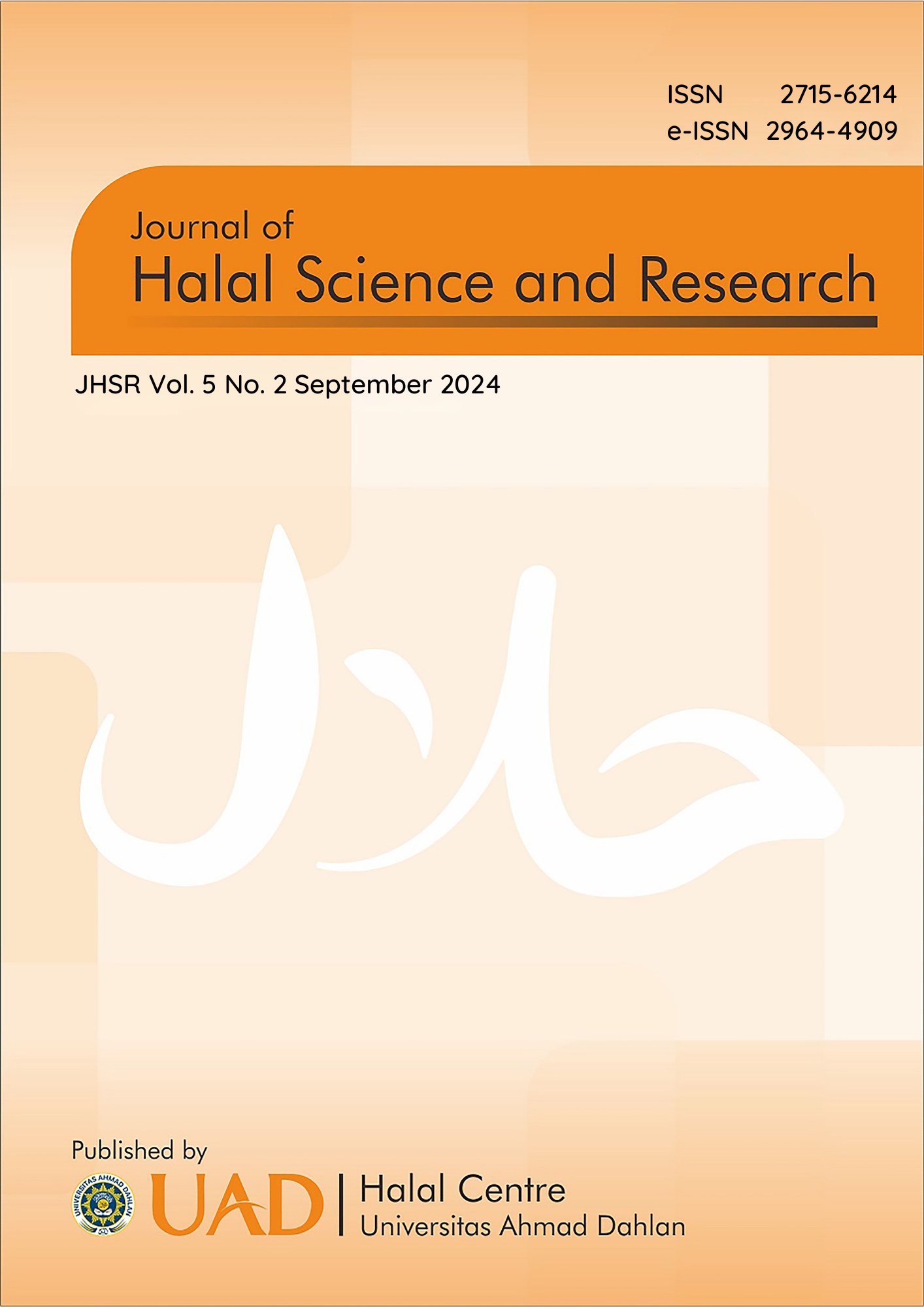Review article: Comparison of cosmetic regulatory policies in various countries toward consumer protection
DOI:
https://doi.org/10.12928/jhsr.v5i2.8923Abstract
Cosmetics are various products that enhance physical appearance and care for the skin, hair, and body. Cosmetic regulation refers to the rules and regulations imposed by a country's government or health regulatory agencies to regulate the production, marketing, and use of cosmetic products. The purpose of writing this journal is to compare the regulation of cosmetic products in Indonesia with the regulation of cosmetic products abroad, and it is hoped that people will be more aware and understand the regulation of cosmetic products that have been established. The literature method is used to conduct a review article, and the criteria chosen are based on the originality and relevance of the reading. The result of this writing is that the requirements regarding labeling in various countries are similar, such as composition, country of manufacture, product name, instructions for use, full name and address of the owner of the notification number (manufacturer), manufacturing batch number, expiration date, and special precautions that must be considered when using. Consumers must consider different regulations for cosmetic products in each country. These must be considered when making or selling cosmetic products: import and export regulations, limited ingredients, and safety testing of cosmetic products.
Keywords: Cosmetics, Export, Import, Labelling, Regulation
Downloads
Published
Issue
Section
License
Copyright (c) 2024 Universitas Ahmad Dahlan

This work is licensed under a Creative Commons Attribution-NonCommercial-ShareAlike 4.0 International License.
Authors who publish with JHSR (Journal of Halal Science and Research) agree to the following terms:
1. Authors retain the copyright and grant Universitas Ahmad Dahlan right of first publication with the work simultaneously licensed under a Creative Commons Attribution-NonCommercial-ShareAlike 4.0 License (CC BY-NC-SA 4.0) that allows others to share (copy and redistribute the material in any medium or format) and adapt (remix, transform, and build upon the material) the work for any purpose, even commercially with an acknowledgement of the work's authorship and initial publication in Universitas Ahmad Dahlan.
2. Authors are able to enter into separate, additional contractual arrangements for the non-exclusive distribution of the journal's published version of the work (e.g., post it to an institutional repository or publish it in a book), with an acknowledgement of its initial publication in Universitas Ahmad Dahlan.
3. Authors are permitted and encouraged to post their work online (e.g., in institutional repositories or on their website) prior to and during the submission process, as it can lead to productive exchanges, as well as earlier and greater citation of published work (See The Effect of Open Access).

This work is licensed under a Creative Commons Attribution-NonCommercial-ShareAlike 4.0 International License.




